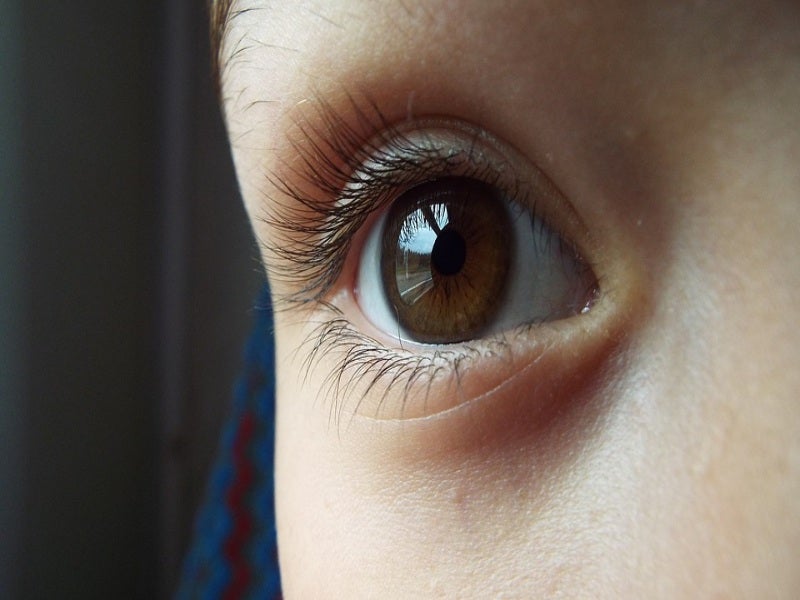
US-based medical device company LKC Technologies has secured the Brazilian Health Regulatory Agency (Anvisa) approval for the RETeval device and associated Sensor Strips skin electrodes.
The RETeval device is a portable, handheld, functional diagnostic device for medical professionals to diagnose patients with diabetic retinopathy, glaucoma, CRVO, pediatric nystagmus and inherited diseases.

Discover B2B Marketing That Performs
Combine business intelligence and editorial excellence to reach engaged professionals across 36 leading media platforms.
The device provides ‘highly reliable’ results without the need for dilation by using a patented, built-in pupillometry.
LKC’s patented disposable Sensor Strips are designed to offer ‘safe and accurate’ testing. They are comfortable for patients and easy to apply.
Furthermore, they are said to be specifically helpful in the pediatric market and where the use of corneal electrodes is not possible.
The company is collaborating with Centro MédicoLogístico (CML) to offer physicians broader access to RETeval device globally.

US Tariffs are shifting - will you react or anticipate?
Don’t let policy changes catch you off guard. Stay proactive with real-time data and expert analysis.
By GlobalDataLKC Technologies president Jim Datovech said: “The Brazilian approval of the RETeval device and the Sensor Strip skin electrodes is a landmark moment for both LKC and the ocular health of the Brazilian population from big cities to the most remote of locations.
“Building on its history, LKC is driven to make functional diagnostics available to all clinicians, aiding in faster and more accurate diagnosis of complex eye diseases. We are grateful for the dedication of CML and the LKC team for their extraordinary commitment to make this approval a reality.”
LKC develops devices for the aid and management of ophthalmic disorders. The company was founded by Jerome Leight, Sigmund Krassowsky and Frank Chenin 1975.





